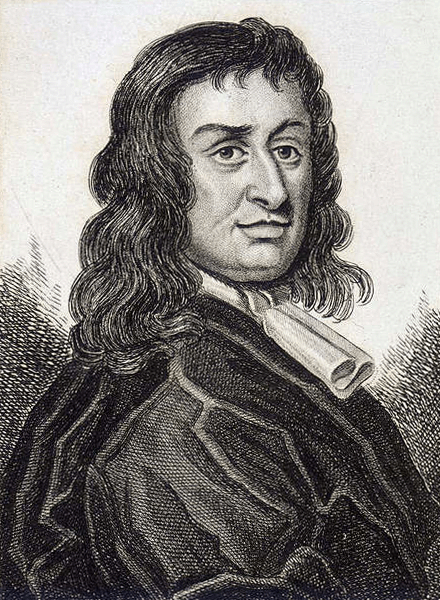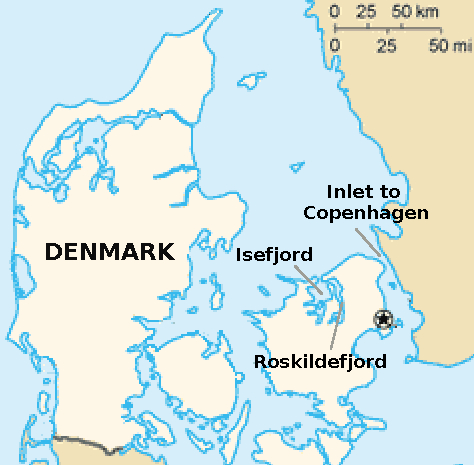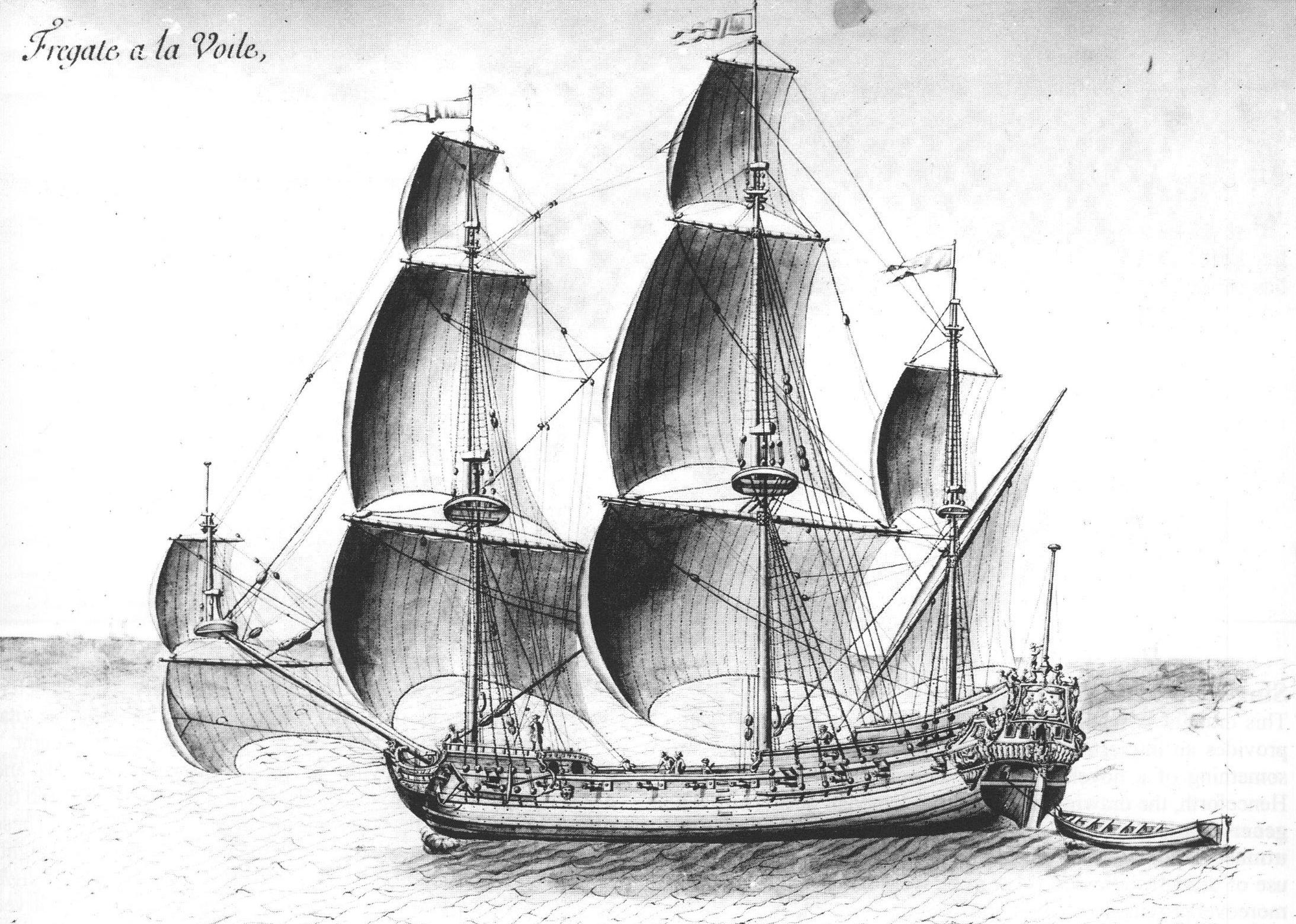|
John Vincent (general)
General John Vincent (1764–1848) was the British commanding officer of the Niagara Peninsula in Upper Canada when the United States attacked in the spring of 1813. He was defeated at the Battle of Fort George but was able to rebound and establish the new lines at Burlington Heights. He directed the campaign during the summer and fall that eventually forced the Americans to abandon the Niagara area in December 1813, thanks in large part due to his victory over the Americans at the Battle of Stoney Creek. Due to illness he was replaced by General Phineas Riall, though of the several officers of the 49th Regiment who reached high command during the War of 1812, Vincent was the longest-serving of them. British and Canadian accounts of the War give the impression of a modest, well-liked and generous officer, who gave whatever help he could to other commanders. From 1814, he had held the sinecure post of Lieutenant-Governor of Dumbarton Castle. Early life He was born in Ireland, t ... [...More Info...] [...Related Items...] OR: [Wikipedia] [Google] [Baidu] |
Commanding Officer
The commanding officer (CO) or sometimes, if the incumbent is a general officer, commanding general (CG), is the officer in command of a military unit. The commanding officer has ultimate authority over the unit, and is usually given wide latitude to run the unit as they see fit, within the bounds of military law. In this respect, commanding officers have significant responsibilities (for example, the use of force, finances, equipment, the Geneva Conventions), duties (to higher authority, mission effectiveness, duty of care to personnel), and powers (for example, discipline and punishment of personnel within certain limits of military law). In some countries, commanding officers may be of any commissioned rank. Usually, there are more officers than command positions available, and time spent in command is generally a key aspect of promotion, so the role of commanding officer is highly valued. The commanding officer is often assisted by an executive officer (XO) or second-in-com ... [...More Info...] [...Related Items...] OR: [Wikipedia] [Google] [Baidu] |
Philip Perceval
Sir Philip Perceval (1605 – 10 November 1647) was an England, English politician and knight. He was knighted in 1638, obtained grants of forfeited lands in Ireland to the amount of , and lost extensive property in Ireland owing to the Irish Rebellion of 1641, rebellion of 1641. He opposed Charles I of England, Charles I's intention of granting the demands of the Confederate Ireland, Irish Confederates in order to employ them in England: joined the parliamentary party in 1644, obtaining a seat in the House of Commons of England as member for Newport (Cornwall) (UK Parliament constituency), Newport, Cornwall, where he threw in his lot with the moderate presbyterians; compelled to retire into the country owing to his opposition to the independents, September 1647. (also main DNB xliv 373). Biography Philip was the younger of the two sons of Richard Perceval of Tickenham, Somerset, by his second wife Alice, daughter of John Sherman of Ottery St. Mary, Devon. Philip's elder broth ... [...More Info...] [...Related Items...] OR: [Wikipedia] [Google] [Baidu] |
Toronto
Toronto ( ; or ) is the capital city of the Canadian province of Ontario. With a recorded population of 2,794,356 in 2021, it is the most populous city in Canada and the fourth most populous city in North America. The city is the anchor of the Golden Horseshoe, an urban agglomeration of 9,765,188 people (as of 2021) surrounding the western end of Lake Ontario, while the Greater Toronto Area proper had a 2021 population of 6,712,341. Toronto is an international centre of business, finance, arts, sports and culture, and is recognized as one of the most multicultural and cosmopolitan cities in the world. Indigenous peoples have travelled through and inhabited the Toronto area, located on a broad sloping plateau interspersed with rivers, deep ravines, and urban forest, for more than 10,000 years. After the broadly disputed Toronto Purchase, when the Mississauga surrendered the area to the British Crown, the British established the town of York in 1793 and later designat ... [...More Info...] [...Related Items...] OR: [Wikipedia] [Google] [Baidu] |
Thomas Blood
Colonel Thomas Blood (1618 – 24 August 1680) was an Anglo-Irish officer and self-styled colonel best known for his attempt to steal the Crown Jewels of England from the Tower of London in 1671. Described in an American source as a "noted bravo and desperado,"''The New American Cyclopaedia: A popular dictionary of general knowledge'', Volume 3, George Ripley, Charles A. Dana, 1859 (D Appleton & Company) pages 372 to 373 he was also known for his attempt to kidnap and, later, to kill, his enemy, James Butler, 1st Duke of Ormond. Early life Sources suggest that Blood was born in County Clare, in the Kingdom of Ireland, the son of a successful land-owning blacksmith of English descent, and was partly raised at Sarney, near Dunboyne, in County Meath. He was apparently a Presbyterian. His family was respectable and prosperous (by the standards of the time); his father held lands in the Counties Clare, Meath and Wicklow. His grandfather was a member of the Irish Parliament, ... [...More Info...] [...Related Items...] OR: [Wikipedia] [Google] [Baidu] |
Hyde Parker (admiral)
Admiral Sir Hyde Parker (1739 – 16 March 1807) was an admiral of the British Royal Navy. Biography He was born in Devonshire, England, the second son of Admiral Sir Hyde Parker, 5th Baronet (1714–1782). He entered the Royal Navy at an early age, and became lieutenant on 25 January 1758, having passed most of his early service in his father's ships. On 16 December 1762 was promoted to command ''Manila'', from which, on 18 July 1763, he was posted to .DNB From 1766 onwards for many years he served in the West Indies and in North American waters, particularly distinguishing himself in breaking the defences of the North River at New York in 1776 as captain of . His services on this occasion earned him a knighthood in 1779. In 1778 he was engaged in the Savannah expedition, and in the following year his ship was wrecked on the hostile Cuban coast. His men, however, entrenched themselves, and were in the end brought off safely. He became commander-in-chief of the Leeward Isla ... [...More Info...] [...Related Items...] OR: [Wikipedia] [Google] [Baidu] |
Battle Of Copenhagen (1801)
The Battle of Copenhagen of 1801 (Danish: ''Slaget på Reden''), also known as the First Battle of Copenhagen to distinguish it from the Second Battle of Copenhagen in 1807, was a naval battle in which a British fleet fought and defeated a smaller force of the Dano-Norwegian Navy anchored near Copenhagen on 2 April 1801. The battle came about over British fears that the powerful Danish fleet would ally with France, and a breakdown in diplomatic communications on both sides. As the British ships entered the harbour of the Danish fleet, several of its ships stationed in the city's inlet forming a blockade. The Danish fleet defended the capital with these ships and bastions on both sides of the harbour inlet. It was the second attempt by the British to try to prevent a Franco-Danish alliance, as the British had already entered Øresund with a fleet in August 1800, in order to persuade Denmark not to ally with France. The Danes agreed to the British terms upon hearing news of the ... [...More Info...] [...Related Items...] OR: [Wikipedia] [Google] [Baidu] |
Anglo-Russian Invasion Of Holland
The Anglo-Russian invasion of Holland (or Anglo-Russian expedition to Holland, or Helder Expedition) was a military campaign from 27 August to 19 November 1799 during the War of the Second Coalition, in which an expeditionary force of British and Russian troops invaded the North Holland peninsula in the Batavian Republic. The campaign had two strategic objectives: to neutralize the Batavian fleet and to promote an uprising by followers of the former stadtholder William V against the Batavian government. The invasion was opposed by a slightly smaller joint Franco-Batavian army. Tactically, the Anglo-Russian forces were successful initially, defeating the defenders in the battles of Callantsoog and the Krabbendam, but subsequent battles went against the Anglo-Russian forces. Following a defeat at Castricum, the Duke of York, the British supreme commander, decided upon a strategic retreat to the original bridgehead in the extreme north of the peninsula. Subsequently, an agreement wa ... [...More Info...] [...Related Items...] OR: [Wikipedia] [Google] [Baidu] |
France
France (), officially the French Republic ( ), is a country primarily located in Western Europe. It also comprises of Overseas France, overseas regions and territories in the Americas and the Atlantic Ocean, Atlantic, Pacific Ocean, Pacific and Indian Oceans. Its Metropolitan France, metropolitan area extends from the Rhine to the Atlantic Ocean and from the Mediterranean Sea to the English Channel and the North Sea; overseas territories include French Guiana in South America, Saint Pierre and Miquelon in the North Atlantic, the French West Indies, and many islands in Oceania and the Indian Ocean. Due to its several coastal territories, France has the largest exclusive economic zone in the world. France borders Belgium, Luxembourg, Germany, Switzerland, Monaco, Italy, Andorra, and Spain in continental Europe, as well as the Kingdom of the Netherlands, Netherlands, Suriname, and Brazil in the Americas via its overseas territories in French Guiana and Saint Martin (island), ... [...More Info...] [...Related Items...] OR: [Wikipedia] [Google] [Baidu] |
Frigate
A frigate () is a type of warship. In different eras, the roles and capabilities of ships classified as frigates have varied somewhat. The name frigate in the 17th to early 18th centuries was given to any full-rigged ship built for speed and maneuverability, intended to be used in scouting, escort and patrol roles. The term was applied loosely to ships varying greatly in design. In the second quarter of the 18th century, the 'true frigate' was developed in France. This type of vessel was characterised by possessing only one armed deck, with an unarmed deck below it used for berthing the crew. Late in the 19th century (British and French prototypes were constructed in 1858), armoured frigates were developed as powerful ironclad warships, the term frigate was used because of their single gun deck. Later developments in ironclad ships rendered the frigate designation obsolete and the term fell out of favour. During the Second World War the name 'frigate' was reintroduced to des ... [...More Info...] [...Related Items...] OR: [Wikipedia] [Google] [Baidu] |
England
England is a country that is part of the United Kingdom. It shares land borders with Wales to its west and Scotland to its north. The Irish Sea lies northwest and the Celtic Sea to the southwest. It is separated from continental Europe by the North Sea to the east and the English Channel to the south. The country covers five-eighths of the island of Great Britain, which lies in the North Atlantic, and includes over 100 smaller islands, such as the Isles of Scilly and the Isle of Wight. The area now called England was first inhabited by modern humans during the Upper Paleolithic period, but takes its name from the Angles, a Germanic tribe deriving its name from the Anglia peninsula, who settled during the 5th and 6th centuries. England became a unified state in the 10th century and has had a significant cultural and legal impact on the wider world since the Age of Discovery, which began during the 15th century. The English language, the Anglican Church, and Engli ... [...More Info...] [...Related Items...] OR: [Wikipedia] [Google] [Baidu] |
Haiti
Haiti (; ht, Ayiti ; French: ), officially the Republic of Haiti (); ) and formerly known as Hayti, is a country located on the island of Hispaniola in the Greater Antilles archipelago of the Caribbean Sea, east of Cuba and Jamaica, and south of The Bahamas and the Turks and Caicos Islands. It occupies the western three-eighths of the island which it shares with the Dominican Republic. To its south-west lies the small Navassa Island, which is claimed by Haiti but is disputed as a United States territory under federal administration."Haiti" ''Encyclopædia Britannica''. Haiti is in size, the third largest country in the Caribbean by area, and has an estimated population of 11.4 million, making it the most populous country in the Caribb ... [...More Info...] [...Related Items...] OR: [Wikipedia] [Google] [Baidu] |
West Indies
The West Indies is a subregion of North America, surrounded by the North Atlantic Ocean and the Caribbean Sea that includes 13 independent island countries and 18 dependencies and other territories in three major archipelagos: the Greater Antilles, the Lesser Antilles, and the Lucayan Archipelago. The subregion includes all the islands in the Antilles, plus The Bahamas and the Turks and Caicos Islands, which are in the North Atlantic Ocean. Nowadays, the term West Indies is often interchangeable with the term Caribbean, although the latter may also include some Central and South American mainland nations which have Caribbean coastlines, such as Belize, French Guiana, Guyana, and Suriname, as well as the Atlantic island nations of Barbados, Bermuda, and Trinidad and Tobago, all of which are geographically distinct from the three main island groups, but culturally related. Origin and use of the term In 1492, Christopher Columbus became the first European to record his arri ... [...More Info...] [...Related Items...] OR: [Wikipedia] [Google] [Baidu] |






